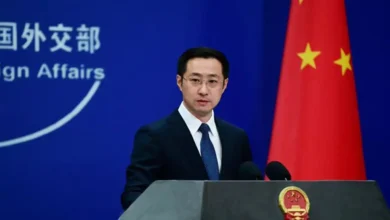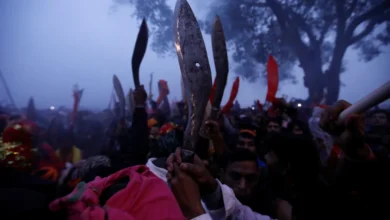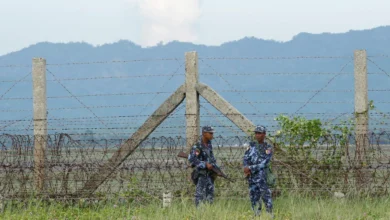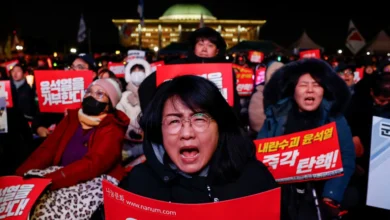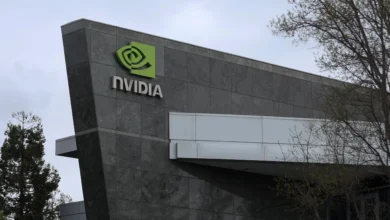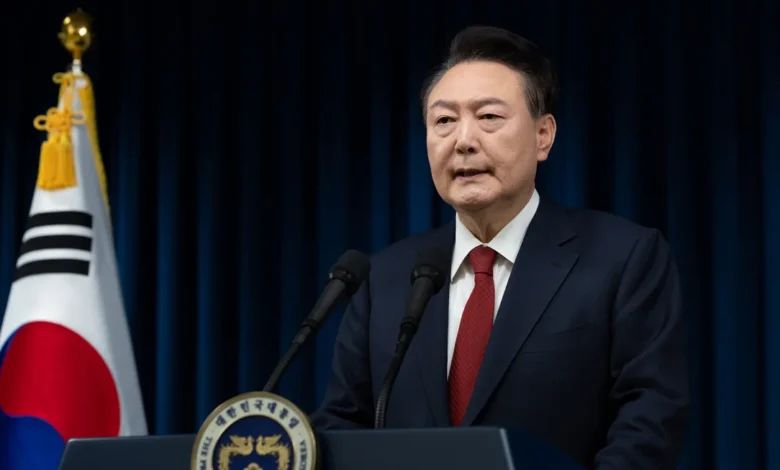
South Korea’s authorities have imposed an overseas travel ban on President Yoon Suk Yeol as the investigation into his attempted imposition of martial law last week continues to unfold. This move comes as prosecutors weigh possible insurrection charges related to the botched martial law declaration that shook the nation.
Yoon’s political future is in jeopardy after he survived an impeachment vote in an opposition-controlled parliament on Saturday, but the political turmoil shows no signs of abating. His own party has urged him to resign, suggesting that his departure is necessary to protect the country from further political instability.
The crisis began late last Tuesday when Yoon declared martial law in a televised address, which sent shockwaves through South Korea. The decree was met with immediate protests, and demonstrators gathered outside the National Assembly demanding Yoon’s resignation. In a dramatic turn, lawmakers forcibly broke through military barricades and voted unanimously to block the decree, which was reversed within hours.
The declaration of martial law, though lasting only six hours, has reignited painful memories of South Korea’s military dictatorship era, which lasted until the 1980s, when the country fought a long and bloody struggle for democracy. The government’s decision to enforce martial law prompted widespread outrage across the nation.
On Saturday, Yoon publicly apologized for his actions, acknowledging that his decision caused anxiety and inconvenience for the people of South Korea. In his brief address, Yoon explained that the martial law declaration was born from his frustration as the person ultimately responsible for state affairs.
Meanwhile, Col. Kim Hyun-tae, commander of the 707 Special Task Force, has expressed regret for his role in deploying troops to storm the National Assembly during the martial law episode. He called himself an “incompetent and irresponsible commander,” apologizing for placing the soldiers in danger. Kim explained that the troops were following his orders and bore no fault for the situation. He also called for forgiveness for his soldiers, who, according to him, suffered immense personal and professional distress.
Kim Yong-hyun, South Korea’s former defense minister, is another central figure in the probe. He has been detained by prosecutors, and authorities are investigating him and other senior officials for alleged treason. Kim was reportedly responsible for exploiting military forces during the martial law operation and has faced heavy criticism for his actions.
As the investigation into possible insurrection charges deepens, public pressure on Yoon continues to mount. Protests demanding his resignation are intensifying, and the opposition parties are determined to hold him accountable for what they describe as an unconstitutional and authoritarian overreach. The situation has further polarized South Korea’s political landscape, and Yoon’s leadership is now at a crossroads.
